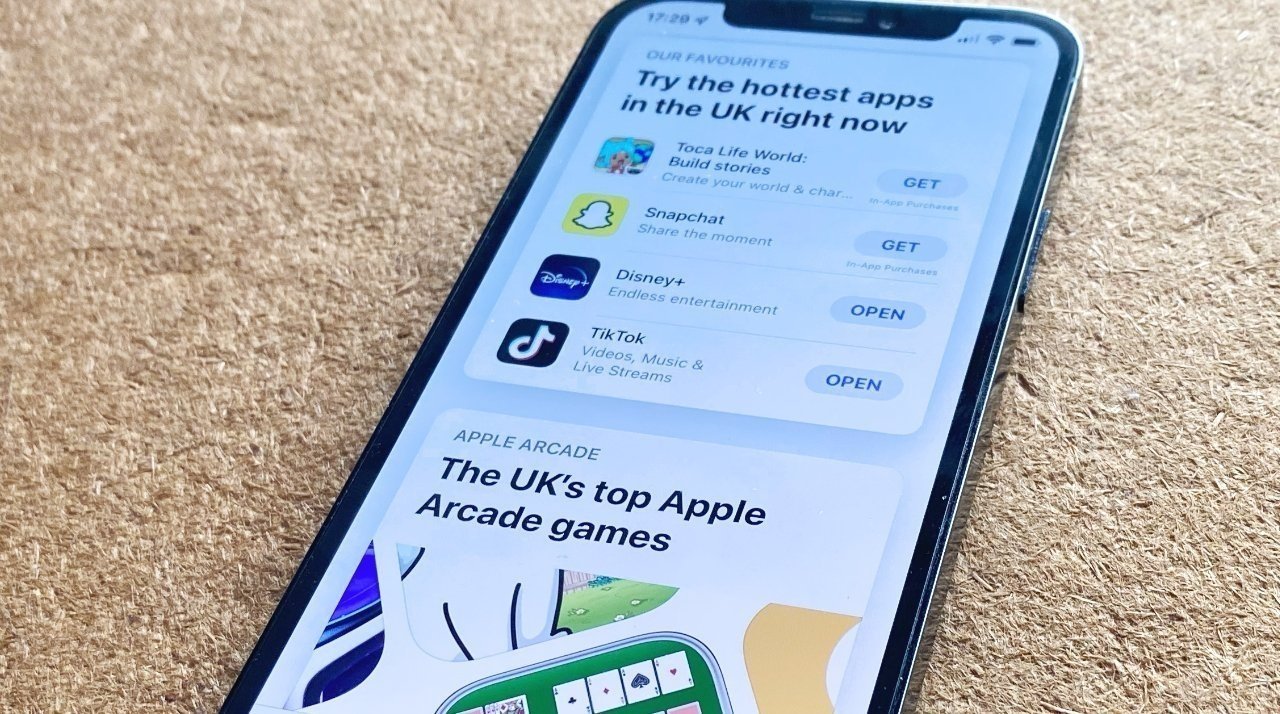Judge Yvonne Gonzalez-Rogers remains unconvinced of Apple's rationale for claiming it is complying with her original order, following testimony from Apple Fellow Phil Schiller.
As part of the ongoing complaint from Epic Games questioning Apple's compliance with the judge's original orders, Schiller and another executive tried to explain how the company arrived at its recent 27 percent commission fee change.
They also refuted the judge's assertion that there is "no data" that the effective commission rate for developers is, on average, lower. Apple has a number of exceptions, including ongoing subscriptions and no commission at all for free apps, that result in an overall lower fee burden.
Phil Schiller testifies
Schiller defended the fees by saying the change is a good-faith attempt to comply with the order, Bloomberg reported. He reminded the judge that the original order established that Apple had a right to charge a fee, even when developers opted-out of Apple's own in-app payment system.
Schiller was one of the three executives, including CEO Tim Cook and CFO Luca Maestri, who settled on the 27 percent fee for developers opting to use other payment processors. The change was down slightly from the original 30 percent fee.
Schiller also said that he wasn't personally opposed to the outbound link requirement. His view contradicts Apple's previous defense that outbound linking would "detract from the user experience."
He noted that "the world has changed, and linking out is being required" in the EU and other regions. "I do not have a preference against link-out. I want to make the solution safe for our customers, that is what I'm focused on," he told the court.
App Store exec admits outside analysts weighed in
Following Schiller's first day of testimony, App Store Senior Director of Business Management Carson Oliver saw the judge becoming more skeptical of Apple's fee rate. Oliver admitted under questioning that Apple did hire an outside firm, Analysis Group, to recommend a new fee baseline.
Gonzalez-Rogers pointed out that Analysis Group found that the lowest acceptable rate would be just 12.3 percent. "And yet you are charging 27 percent," the judge noted. "How do you justify the other 15 percent you are charging?" she added.
Oliver said that part of the justification comes from the additional services Apple provides. He said this includes discovery of apps, distribution, developer tools, and platform technology — along with additional privacy and data security measures — that aren't comparable to other online app markets.
He added that Apple's own lowest possible average would actually be around 17 percent. Apple's overall average taking into account all developers — including the ones who pay nothing — is lower than 27 percent, he testified.
Oliver also told the judge that the Analysis Group looked at other app and digital service marketplaces to help them determine a range. This included developer storefronts from Microsoft, Alphabet's Google, Etsy, and Shopify among others. The average value of fees charged at other merchants varied wildly, from 12.3 percent to a high as 92 percent, depending on various factors.
The judge did not seem to accept that an overall lower average commission across all developers was a valid basis for charging 27 percent for initial in-app purchases. She said that the executive group's claim of a lower effective rate is "a big assumption" and not supported by data, a charge Carson replied was "not true."
Schiller will be called back to the stand to resume his testimony in the case when the hearing resumes, on May 22.
 Charles Martin
Charles Martin








-m.jpg)






 Marko Zivkovic
Marko Zivkovic
 Christine McKee
Christine McKee
 Andrew Orr
Andrew Orr
 Andrew O'Hara
Andrew O'Hara
 William Gallagher
William Gallagher

 Mike Wuerthele
Mike Wuerthele
 Bon Adamson
Bon Adamson


-m.jpg)



31 Comments
Apple, tell her to pound sand.
I seriously doubt that she can specify what she thinks is a fair fee. If she can then perhaps she should tell UPS, FedEx and USPS what she thinks is a fair cost for shipping /s
Summary of the Conversation:
Activist Judge: "How can you justify making more profits than companies barely scraping by?"
Apple: "We seek to be here 10-20 years from now and therefore seek the profits necessary to achieve that."
Activist Judge: "I personally think you should make only profit necessary to barely remain in business, and I honestly don't care what your investors think."
It seems to me that Apple and the judge are arguing at cross purposes.
Did he tell the court that the reason was “courage”?